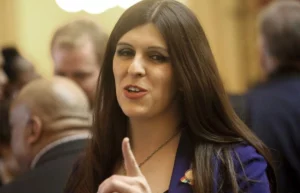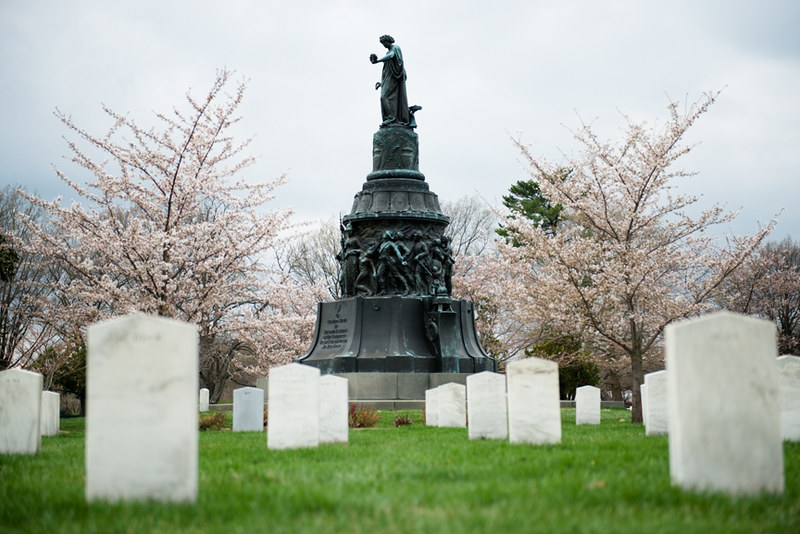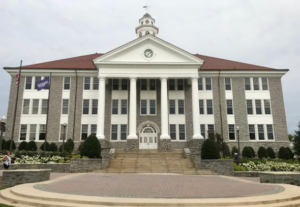by Joe Fitzgerald
“Gimme a ticket for an aeroplane.”
Depending on your age, you may think of this as the opening to the Box Tops biggest and most iconic hit. If you don’t follow pop music, you may think any song that begins with “gimme” might be from a news story about a county school board chair.
The line of course kicks off the 1967 hit, “The Letter.” Those two words are being bandied about now in reference to a document the Rockingham County School Board (RCSB) says people can’t be allowed to see.
The Letter was apparently written to the RCSB from the law firm that represented it beginning when LBJ was president and ending last week. “To the RCSB” is the certain part. It may have been from the firm, or from one attorney in the firm.
I have not seen The Letter. I have not talked to anyone who has seen The Letter.
But a lot of people seem to know what is in The Letter. If it was written to the five people on the county board, and each one of them had a single conversation about it, and each of the people spoke to . . . etc. More people have heard about what was in The Letter than have actually seen it. But the degrees of separation mean the knowledge of what’s in The Letter has been paraphrased more than once.
The single thing from The Letter that everybody seems to know is that The Letter and not the county School Board’s secret actions ended the firm’s relationship with the county board. Everybody knowing it does not make it true, but if it is not true, the School Board should perhaps show it was not fired as a client. The board could show that by releasing The Letter. Continue reading

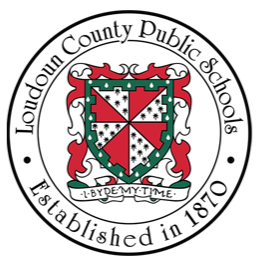
 by James A. Bacon
by James A. Bacon
 by Joe Fitzgerald
by Joe Fitzgerald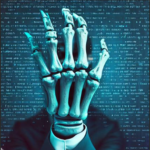
 by Dick Hall-Sizemore
by Dick Hall-Sizemore
